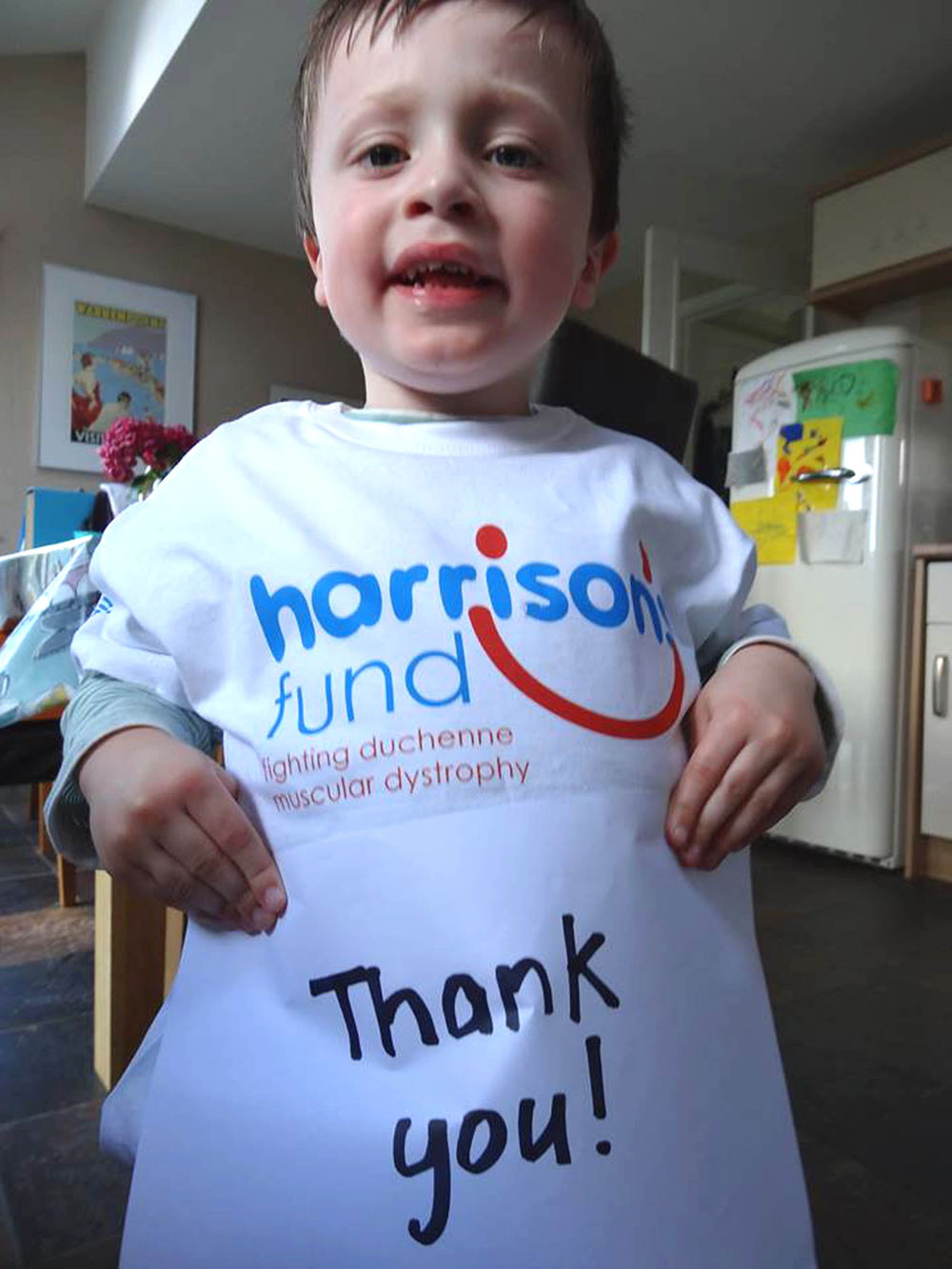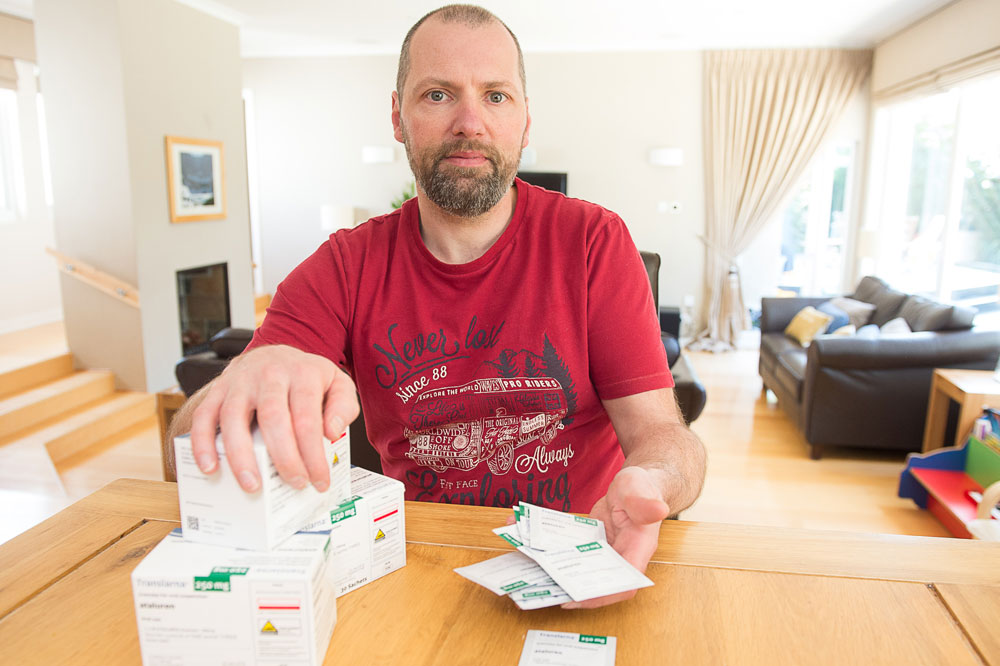ENGLISH health chiefs have approved a muscular dystrophy wonder drug recently refused to Scots children suffering from the disease.
The £200,000-a-year treatment for Duchenne muscular dystrophy has worked wonders for patients including five-year-old Cormac Fegan, from Longniddry, East Lothian.
His dad, Gary, says he may move his entire family south of the border so his son can continue to receive the treatment, called Translarna.

The Scottish Medicines Consortium said Translarna is not cost-effective but NICE today approved the drug for patients in England, Wales and Northern Ireland.
Cormac received six months of treatment at the discretion of his local health board but the drug can no longer be funded by the NHS in Scotland.
From a young age, he had trouble walking and was constantly biting other children.
After NHS Lothian confirmed individual funding for Translarna, his behaviour improved drastically and both his balance and speed have increased over the months.

But on Monday he was told he will not be able to continue taking the life-changing medicine as the SMC was “unable to recommend ataluren (Translarna) for routine use”.
Following the news that the drug has been approved for use in England, Wales and Northern Ireland, dad Gary said: “It’s ridiculous that just four days ago this drug was refused in Scotland. It’s a postcode lottery.
“The way I see it, it’s a case of two stops on the East Coast railway line.
“What makes it even worse is that there is a 28-day waiting period between a decision being made and it being published – so the SMC would have known it was going to be approved down south when they announced they would not approve funding in Scotland.”

He added: “If we don’t get individual funding, we will be moving. It would be morally bankrupt if we didn’t make that decision.
“I can work from anywhere. There would be a lot to sort out, and we would have to find a new house and schools, but we would have to do it.”
The National Institute for Health and Care Excellence (NICE) confirmed that “Translarna represents an important development in the treatment of nonsense mutation DMD.
“Potential benefits associated with Translarna are great enough to justify its cost to the NHS when the proposed managed access agreement is applied.
“Translarna is therefore recommended for treating Duchenne muscular dystrophy resulting from a nonsense mutation.”

South of the border the announcement of the drug’s approval was hailed as “life-changing news”.
Louisa Hill, whose son Archie suffers from the disease, said: “This is amazing, life-changing news. We can’t quite believe it.
“Now, for the first time, there is something in our corner. We can have real hope that when, one day, there may be a drug to not only slow down the condition, but completely stop it, our son will be strong enough to benefit.”
Robert Meadowcroft, chief executive of Muscular Dystrophy UK, said:“Parents of children eligible for Translarna have fought courageously for this outcome, and to give their children the chance to keep walking for longer.
“This announcement comes as wonderful news and a true victory for the families.
Despite the good news, charities were still reeling from the decision to not approve the drug for Scotland.
Diana Ribeiro, director of research at Action Duchenne, said: “With regard to Scotland we were bitterly disappointed with the announcement from the SMC.
“In evaluating the evidence we believe that the actual route in which they made this assessment isn’t robust enough.
“The way it’s structured in Scotland is that very little time is designated for any drug – it’s not given the amount of time and substantiated evidence as down south.”
She also emphasised that her organisation would be appealing the decision at its review.
